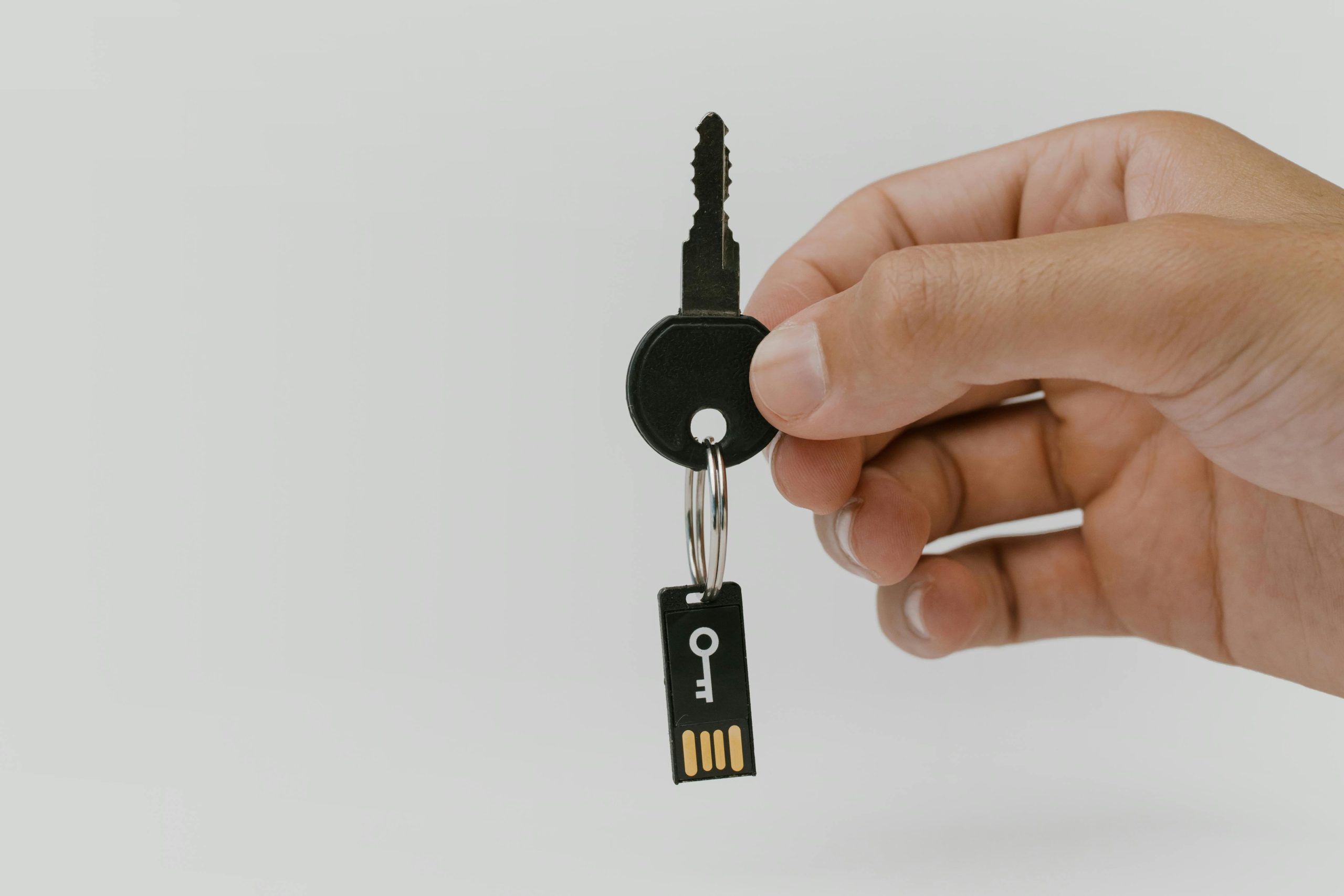The ISO/IEC 27001 standard is often seen as a simple "compliance checklist" in order to comply with directives such as NIS2 or DORA. The focus is often on certification rather than implementation in daily operations, as in the eyes of senior management, the standard is just another contextual cost arising from formal requirements in critical sectors. For employees, the standard is yet another example of the IT department tightening the rules in the company to the point of making work difficult, or yet another way of exercising control. Let's demystify it!
Over the decades, the concept of information security has undergone changes, including its very name, rightly so. What was considered the security standard 10 years ago is now a vulnerability – this is the reality of computer systems. And given the growth of IoT, the increasing complexity of systems, the mass adoption of technologies such as AI, and the emergence of quantum computing, the pace of change is expected to accelerate even further.
The truth is that keeping up with the extremely rapid evolution of the information security landscape requires considerable effort and dedication. This is precisely where the ISO/IEC 27001 standard comes in: by standardising an information security management system (ISMS), the standard gives companies the tools they need to maintain a high level of security and readiness for incidents and other events, as well as supporting companies in maintaining a posture of continuous improvement, which is crucial.
Beyond Compliance: The Foundation of Trust in the Digital Age
It is easy to fall into the trap of viewing ISO 27001 as merely a set of complex controls and exhaustive audits, as many have done. However, compliance is only the starting point. The true value of ISO 27001 lies in standardising the creation of a robust Information Security Management System, as well as its maintenance and continuous improvement. Only in this way can we effectively protect the assets we currently possess and strengthen our business against both internal and external threats.
In a world where data breaches and cyberattacks are, unfortunately, a daily reality, the ability to ensure the protection of sensitive customer and partner information is not a luxury – it is the foundation of trust. And without trust, the business relationship is inherently fragile and short-lived.
However, we should not blindly trust an entity just because it has certification. It is up to each of us to verify that our partner is effectively fulfilling its commitments.
ISO/IEC 27001 as a Business Catalyst and Competitive Differentiator
The impact of ISO 27001 goes far beyond mere risk mitigation, reduction of losses from security incidents, and building trust.
More importantly, it uniquely positions the organisation in the market. In competitive industries, being an ISO 27001-certified company is not just a stamp; it opens doors to new customers and partnerships that demand the highest standards of security and governance. It is an asset in commercial proposals, often a decisive factor in choosing a partner, and a powerful sales argument that communicates: we are secure, responsible, and can prove it independently.
The Necessary Criticism: From Checklist to Safety Culture
However, it would be remiss not to address the other side of the coin, the “critical” aspect. The true impact of ISO 27001 can be significantly diluted if its implementation boils down to a mere bureaucratic exercise – merely ticking boxes without a greater purpose. Obtaining certification without a genuine cultural change and without the active involvement of top leadership is a costly mistake, unfortunately all too common.
The days when ‘security is IT's job’ are definitely over. Today, information security is a foundation supported by everyone in the organisation – each of us has a key role to play. The main vectors of attack continue to be people, and the main types of attack reflect this: social engineering, phishing and malware injection – real, incessant and increasingly sophisticated threats.
Companies that only seek certification without internalising security principles in their DNA fail to reap the long-term benefits. Success lies in making information security an intrinsic part of organisational culture, with a focus on continuous improvement, ongoing employee training, and proactive and realistic risk management that guides us through these times of great change.
The Exatronic Way: From Audit to Implementation
At Exatronic, we are convinced that most of the benefits lie in its rigorous implementation and not just in achieving certification. For this very reason, and because we believe in the values that information security stands for, we have decided to audit and implement the various controls and requirements of the standard across our facilities and processes, with the help of a strategic partner.
At Exatronic, we are investing heavily in building a robust security culture, even ahead of any formal certification objectives.
We began by setting up a multidisciplinary task force, composed of the leaders of each department. This task force participated in Gap Analysis and specific training on the standard – the first step and absolutely crucial to the success of the process. We believe it is important to align the entire management team, which, in turn, can raise awareness among all members of their departments, paving the way for change.
With the results of the Gap Analysis, with a cohesive team ready to take action, we are well positioned to implement the controls and requirements that apply to our situation.
ISO/IEC 27001: A Strategic Investment in the Future
In summary, ISO/IEC 27001 certification goes far beyond mere legal or industry compliance. It represents a strategic investment in Exatronic's future, a statement of commitment to excellence, ethics and resilience in the face of the challenges of the digital world. In a context where trust is the most precious asset and risks are increasingly complex, ISO 27001 is not just a requirement to be met; it is the next big competitive advantage. It is time to embrace it as an opportunity rather than an obligation, to strengthen the business, create value and ensure long-term sustainability.




